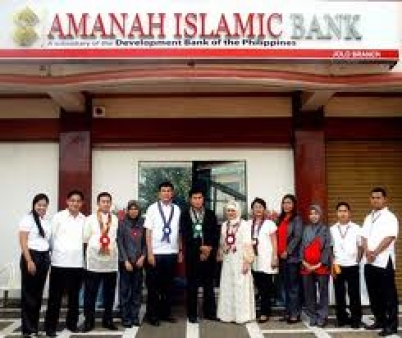
Philippines struggles to develop Islamic financing
Lacks regulations and talent.
This is how Kuala Lumpur-based Asian Finance Bank Bhd. and CIMB Group Holdings Bhd foresees the Philippine Islamic finance sector.
“The Philippines can successfully open up its Islamic finance market once it puts in a place a broader and deeper infrastructure framework,” said Badlisyah Abdul Ghani, chief executive officer of CIMB Islamic Bank Bhd.
“Mindanao is resource-rich, and when peace settles it would be a natural market that Islamic players would look at.”
It took Malaysia, a global hub for financing along religious guidelines, 30 years to develop into what it is today, Badlisyah Abdul Ghani, chief executive officer of CIMB Islamic Bank Bhd., a unit of CIMB Group, said in an Oct. 25 interview.
“The Philippines has a long way to go,” said Mohamed Azahari Kamil, CEO of Asian Finance Bank, the Malaysian unit of Qatar Islamic Bank SAQ. “How fast the Philippine government will be able to implement Shariah rules and the level of acceptance are some of the challenges that it will have to face.”
The Philippines' Al-Amanah Islamic Investment Bank was forced to postpone a sale of what would have been the country’s first sukuk last year because it wasn’t making a profit. It is undergoing a five-year rehabilitation plan that started in 2010 and is still looking for an investor expert in Shariah finance to purchase a stake, Senior Vice President Ursolino said. It has nine branches and plans to open 10 more in the next two years, subject to finding a buyer, she said, adding that it has assets of less than 1 billion pesos or $24.3 million.
“There’s no notable growth in assets or improvement in deposits because of the limitations in Islamic investments,” she said. “We hope there will be renewed interest in Islamic banking with the latest peace treaty. Al-Amanah can be an instrument to introduce economic development in the area following the Shariah principles.”
For more.






















 Advertise
Advertise








